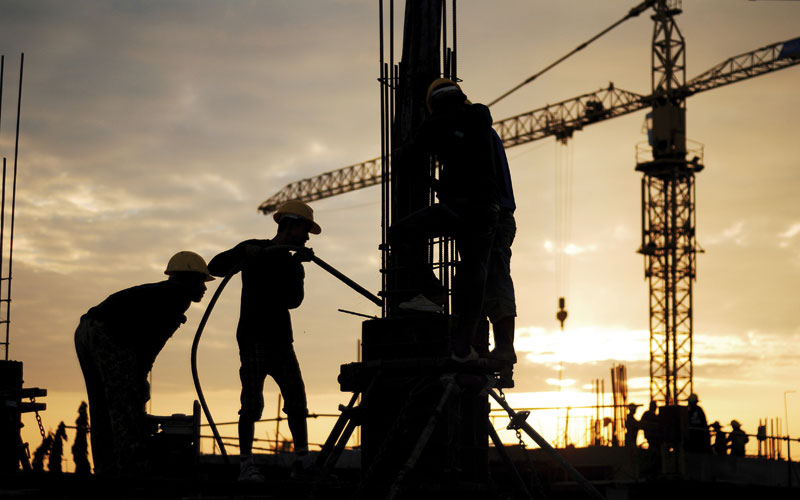With an infrastructure deficit totalling $1.5 billion annually over the next decade, Ghana has embarked on a series of transformative projects to meet the needs of its growing economy.

With a rapidly developing business climate, growing regional and global trade, as well as an expanding population, Ghana’s public sector leaders have recognized the need to attract investors from all over the world to help finance investments needed in airports, roads, ports, railways, power and other vital sectors.
“Ghana is a middle-income country and aspires to be a dynamic economy. For this, you need proper energy, water supply and communications services,” explains Dr Cadman Atta Mills, Senior Presidential Advisor, Office of the President, in an exclusive interview with PM Communications. “A lot of investment has to take place in those sectors for us to become competitive, even in our domestic market.”
Public sector leaders like Dr Mills have helped to build bridges and establish cooperation with world-class private companies, paving the way for unprecedented investments in the country’s infrastructure. It’s a process that the Office of the President looks to repeat in critical sectors throughout the economy.
“There is a lot of scope for public-private partnerships in infrastructural development,” Dr Mills continues. “These partnerships can take place in the area of housing, for example, and also public transport. Housing is something important, not only socially but also for productivity. Sanitation is something where there can be useful partnerships, and also direct investment. The government provides the right environment for the private sector to invest.”
One area in particular that evidences Ghana’s success in establishing deep public-private infrastructure coordination is the country’s maritime transport industry. Roughly 80 per cent of exports and imports in Ghana transit the country’s ports. Modernizing port infrastructure to pave the way for the country’s emergence as a major West African trade hub is one of the chief goals of the Ghana Ports & Harbours Authority (GPHA), which expects to award contracts worth $2.5 billion through 2018 to double capacity, handle larger ships and reduce waiting time for vessels in the country’s Takoradi and Tema ports.
“Today, the West African region is seeing the development of a number of major government projects within the maritime sector, right from Senegal to Ghana, and down to Angola,” says Richard Anamoo, Director General of GPHA. “That is a huge investment in infrastructure.”
“Logistics is the driving force for any economy,” adds Kofi Mbiah, CEO of Ghana Shippers’ Authority. “Transportation plays a key role in development. Investment in this area is important…I want to see a future in which transport is seen to play a key role in the development of the economy, and to see it more integrated than it is today. If these things are realized, I can say the future will be bright.”
Upgrades to allow deeper vessels to enter Ghana’s Takoradi Port will boost trade revenue by $490 million, according to the African Centre for Economic Transformation. Due to its proximity to increasingly productive oil and gas deposits, including the offshore Jubilee field operated by London-based Tullow Oil, Takoradi Port is strategically located to support exploration and production activities.
The GPHA plans to spend at least $450 million on improvements to the port that will allow it to receive bigger vessels, improve turn-around time, eliminate congestion and double handling of cargoes, significantly reducing the cost of doing business. This is in addition to several hundred millions of dollars of planned upgrades at the Tema Port, adjacent to the capital Accra, that will double its container handling capacity, among other improvements.
“The maritime sector is developing, as a natural consequence of the growth of the living standards of the people,” Mr Anamoo explains. “Ghana is waking up to opportunities that are there. I strongly believe that investors need to look at that, come in, and put their money where they can be sure that opportunities will arrive in order for them to get the benefits.”
0 COMMENTS